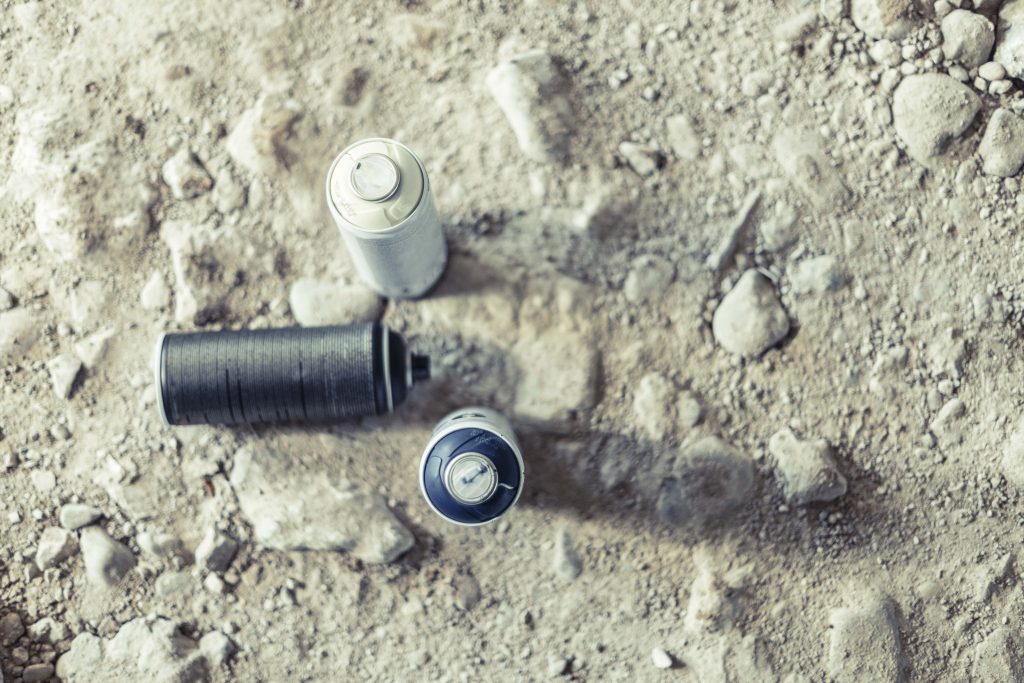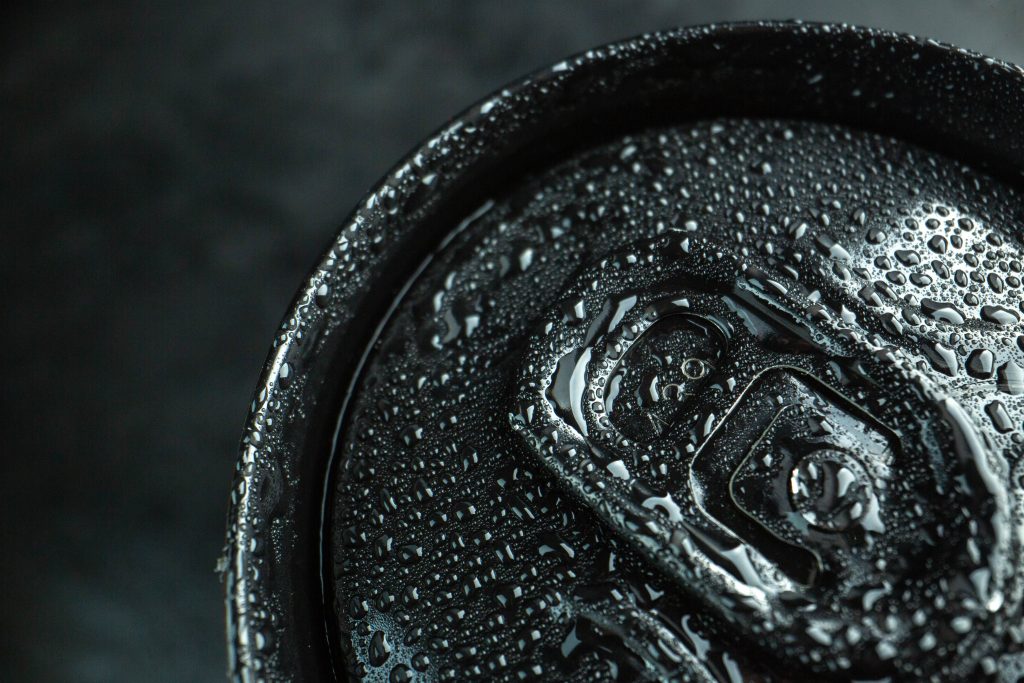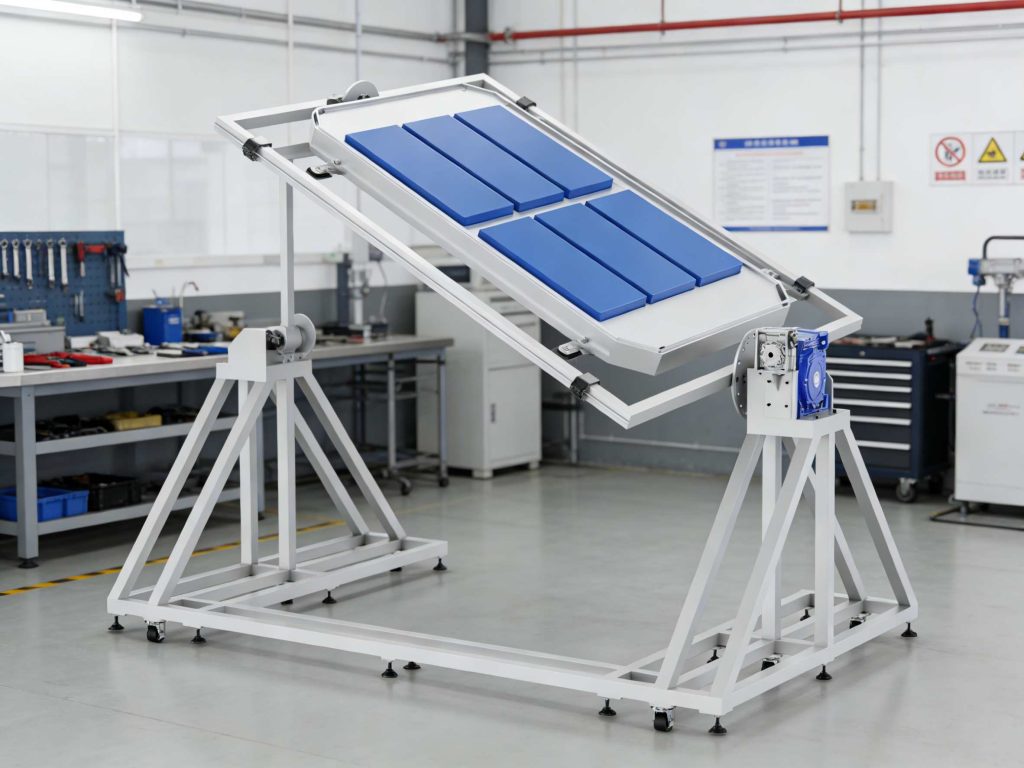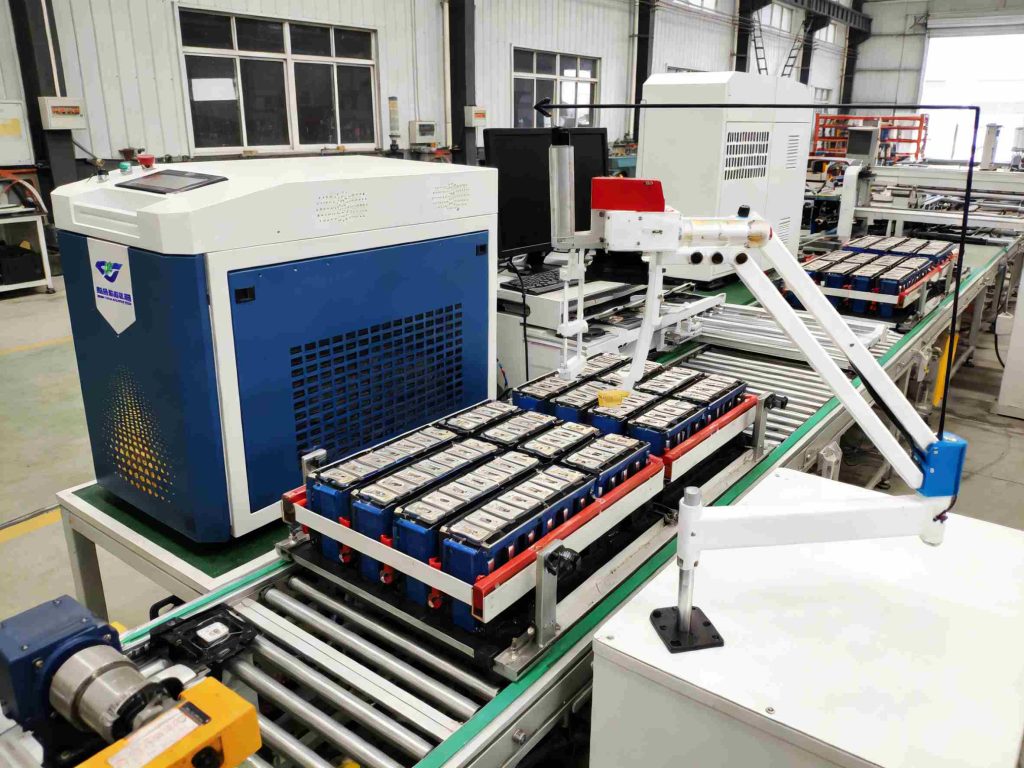
Lithium batteries play a vital role in our daily lives, powering everything from smartphones and laptops to electric vehicles and renewable energy storage systems. Their high energy density, long cycle life, and efficiency make them an indispensable part of modern technology. However, ensuring the safety, reliability, and performance of these batteries is far from simple. Behind the scenes, a rigorous quality control process takes place — and one of the most important steps in that process is airtightness testing.
Often overlooked by consumers, airtightness testing is the “invisible hero” of lithium battery production lines. This process ensures that every cell, module, and battery pack is sealed to prevent leakage, moisture ingress, or contamination, which could otherwise compromise performance or even cause safety hazards.
The Critical Role of Airtightness Testing in Lithium Batteries
What is Airtightness Testing?
Airtightness testing is a quality assurance method used to verify that a product is properly sealed against leaks. In practice, it involves pressurizing or creating a vacuum inside a component, then monitoring pressure changes to detect even the smallest leak.
In the context of lithium battery manufacturing, airtightness testing plays a crucial role because lithium batteries are sensitive to moisture, air exposure, and electrolyte leakage. Even microscopic leaks can allow moisture to penetrate the battery casing, causing chemical reactions that reduce capacity, shorten lifespan, or in extreme cases, lead to swelling, overheating, or fire.
Why Airtightness Testing is Essential for Lithium Batteries
Lithium batteries must operate under stringent safety standards, especially in applications like electric vehicles, aerospace, and medical devices, where reliability is non-negotiable. A single undetected leak could have serious consequences:
- Performance lossdue to electrolyte evaporation or moisture contamination
- Safety risksfrom short circuits, gas buildup, or thermal runaway
- Warranty claims and recalls, resulting in high costs and brand damage
Therefore, airtightness testing is not just a production step — it’s a safeguard for both the manufacturer and the end user.
The Link Between Airtightness and Waterproofing
Airtightness testing is closely related to waterproofing. A well-sealed battery pack naturally has a higher waterproof rating, typically classified according to IP (Ingress Protection) standards such as IP67 or IP68.
For example, an electric vehicle battery pack rated IP68 can withstand prolonged immersion in water without damage. This capability is only possible when airtightness tests confirm there are no weak points in the sealing. Thus, airtightness testing is often a prerequisite for achieving high waterproof ratings.
Sealing Challenges in Lithium Battery Manufacturing
Stringent Standards for Waterproofing and Dustproofing
Today’s lithium batteries must operate in diverse environments — from hot, dry deserts to humid, rainy cities. Global markets demand compliance with strict environmental protection standards, often requiring products to withstand water immersion, dust ingress, and temperature fluctuations without performance degradation.
Meeting these standards means manufacturers must maintain perfect sealing integrity throughout the production process, from cell manufacturing to final battery pack assembly.

Preventing Electrolyte Leakage and Gas Emission
Lithium-ion batteries contain electrolytes that are both volatile and corrosive. A leak could release toxic chemicals, damage the product, or pose hazards to the environment. Moreover, during charging and discharging cycles, gas buildup can occur if the cell chemistry becomes unstable. Airtightness testing helps ensure that such gases remain contained and that safety valves function as intended.
Meeting Sealing Requirements in Extreme Conditions
Lithium batteries often operate in high-temperature and high-pressure environments, such as inside electric vehicles exposed to sunlight or during rapid charging. These conditions can put additional stress on seals and gaskets. Without rigorous airtightness testing, even minor imperfections could expand into dangerous leaks under such stresses.
Guheng Energy’s Breakthrough in Airtightness Testing Technology
Dual Improvement in Detection Sensitivity and Efficiency
Hangzhou Guheng Energy Technology Co., Ltd. has developed next-generation portable airtightness leak testers that use imported precision components and intelligent pressure regulation. This technology dramatically improves both detection sensitivity — catching micro-leaks that were previously undetectable — and efficiency, allowing faster testing without sacrificing accuracy.
Intelligent Data Management and Traceability
In modern production, data is as important as the test itself. Guheng Energy testers offer intelligent data logging, capable of storing thousands of test results with timestamps, operator IDs, and product batch numbers. The ability to export this data to a USB drive ensures full traceability, which is critical for:
- Root-cause analysis of quality issues
- Regulatory compliance audits
- Continuous process improvement initiatives
Multiple Testing Methods for Diverse Applications
Different battery components require different airtightness testing methods:
- Pressure Drop Method— ideal for rigid casings with low acceptable leak rates
- Flow Method— better suited for larger enclosures or flexible seals
By offering multiple techniques, Guheng ensures that each test is optimized for the component’s geometry, material, and sealing method.
Practical Applications in Lithium Battery Production Lines
Sealing Testing During the Battery Module Assembly Stage
At the module assembly stage, each battery module is tested to confirm that its sealing meets design specifications. This prevents defective modules from being integrated into the final pack, saving costs and avoiding rework later in the process.
PACK Case Waterproofing Verification
The battery PACK case is the outer shell that protects the internal modules from mechanical damage, moisture, and dust. A dedicated airtightness test simulates real-world conditions — such as heavy rain or water immersion — to confirm that the casing provides the intended level of environmental protection.

End-of-Line Quality Control Before Shipment
Before a battery pack leaves the factory, it undergoes comprehensive final testing. This includes a full airtightness check to ensure that no sealing issues developed during assembly. Only products that pass this stage are cleared for shipment.
The Future: Intelligent Trends in Airtightness Testing
Seamless Integration into Automated Production Lines
Automation is the future of battery manufacturing. Modern airtightness testers can be fully integrated into robotic production lines, enabling continuous, non-stop testing without manual intervention. This improves production speed, reduces labor costs, and eliminates human error.
Leveraging Big Data for Quality Optimization
By collecting and analyzing large-scale production data, manufacturers can identify patterns that lead to defects and adjust processes proactively. For example, if a certain gasket supplier’s materials show a slightly higher leak rate, the system can flag this early, preventing widespread failures.
AI Vision Systems for Comprehensive Inspection
Combining airtightness testing with AI-powered vision inspection creates a powerful quality assurance system. While airtightness tests detect invisible leaks, AI vision can spot visible defects such as poor sealing bead placement, cracks, or material inconsistencies. Together, these technologies provide a 360-degree safeguard against defects.
FAQ
Q: Why do lithium batteries need airtightness testing?
A: To ensure water, dust, and liquid leakage resistance, and to protect battery safety and longevity.
Q: What is the accuracy of Guheng Energy’s airtightness leak detector?
A: It can detect pressure differentials as small as 0.1 Pa, meeting high watertightness requirements.
Q: Will airtightness testing affect the internal structure of the battery?
A: No, it is a non-destructive test and will not damage the battery.
Q: Can the production line’s inspection speed meet high-volume requirements?
A: Guheng Energy’s equipment can perform inspections in seconds, making it fully compatible with automated production.
Q: Does the equipment support testing of batteries of different specifications?
A: Yes, we can customize the fixture and program based on the customer’s battery size and structure.v





